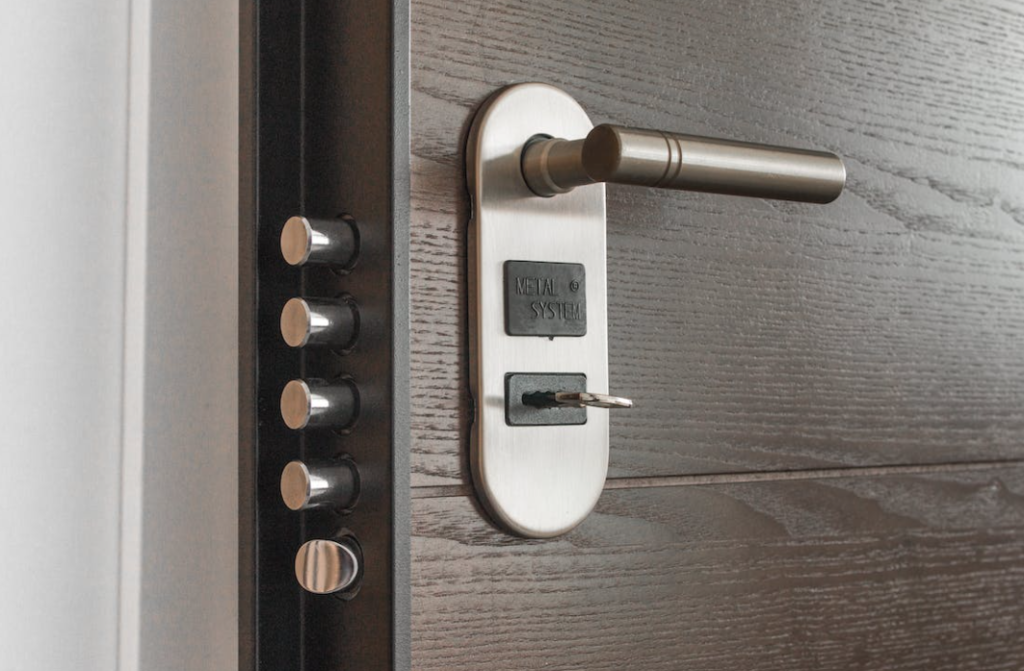
When it comes to securing your home, yard, or business, having a high-quality lock is essential. However, not all locks are created equal. Some locks offer a higher level of security than others, making them more suitable for certain applications. In this article, we’ll explore nine types of high-security locks that can help keep your property safe in Kansas.
Deadbolts
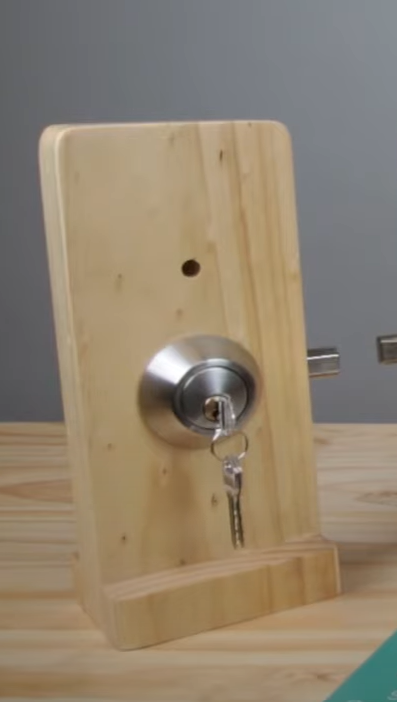
Deadbolts are one of the most common types of high-security locks. They are typically installed on exterior doors and are known for their strength and durability. Deadbolts come in two main varieties: single-cylinder and double-cylinder. Single-cylinder deadbolts have a keyhole on one side and a thumb turn on the other, while double-cylinder deadbolts require a key on both sides. This makes them more secure but also more difficult to open in case of an emergency.
Electronic Locks
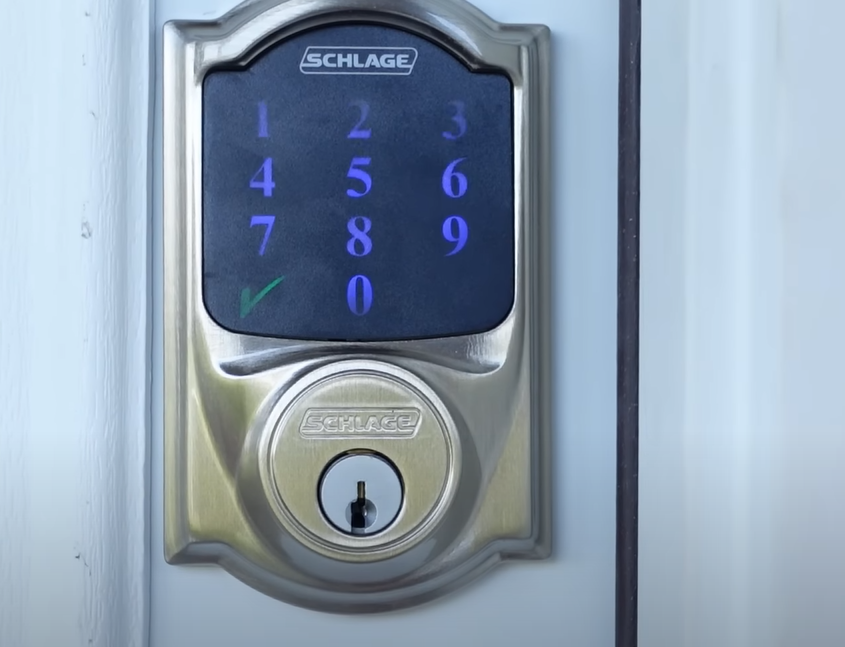
Electronic locks use a keypad, fingerprint scanner, or other electronic mechanism to allow access to a building. They are commonly used in commercial and industrial settings, but are becoming more popular in residential applications as well. Electronic locks offer a high level of security because they require a specific code or input to unlock, making them difficult to bypass.
Smart Locks
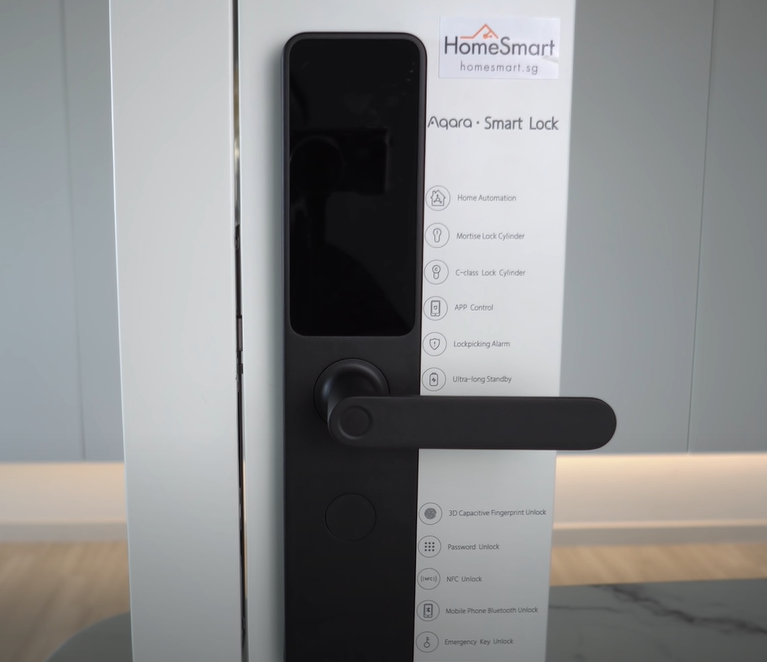
Smart locks are a type of electronic lock that can be controlled using a smartphone or other mobile device. They are becoming increasingly popular in residential settings because they allow homeowners to monitor and control access to their homes remotely. Smart locks can be programmed to grant access to specific individuals for a set period of time, making them a convenient option for rental properties or vacation homes.
Biometric Locks
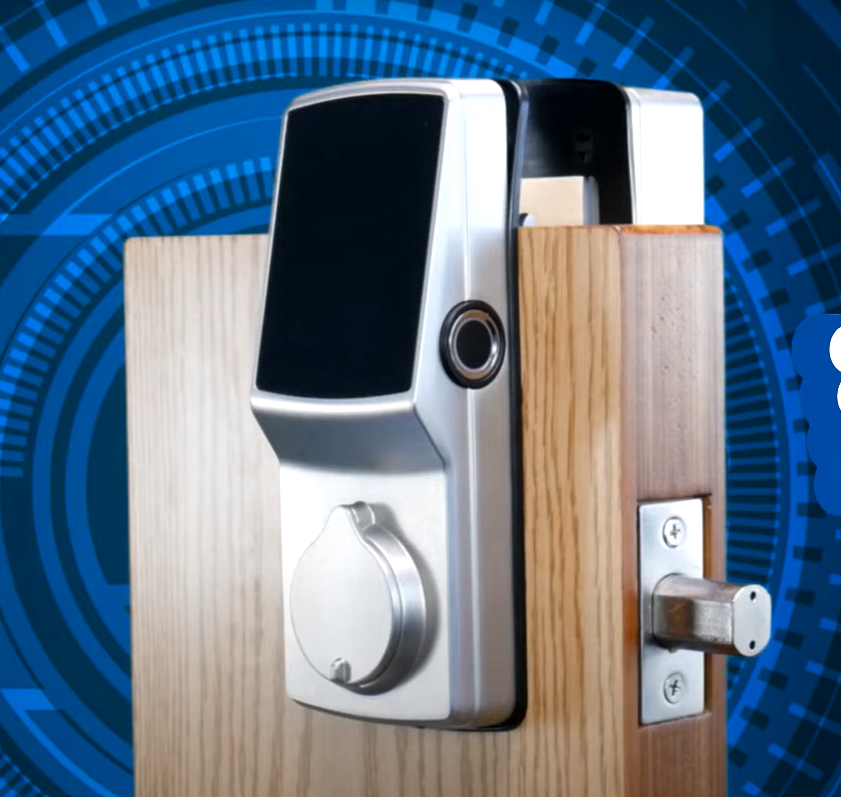
Biometric locks use a person’s unique physical characteristics, such as fingerprints or facial recognition, to grant access. These locks are commonly used in high-security applications such as government buildings, military installations, and research facilities. Biometric locks offer a high level of security because they are nearly impossible to bypass without the correct physical characteristics.
Magnetic Locks
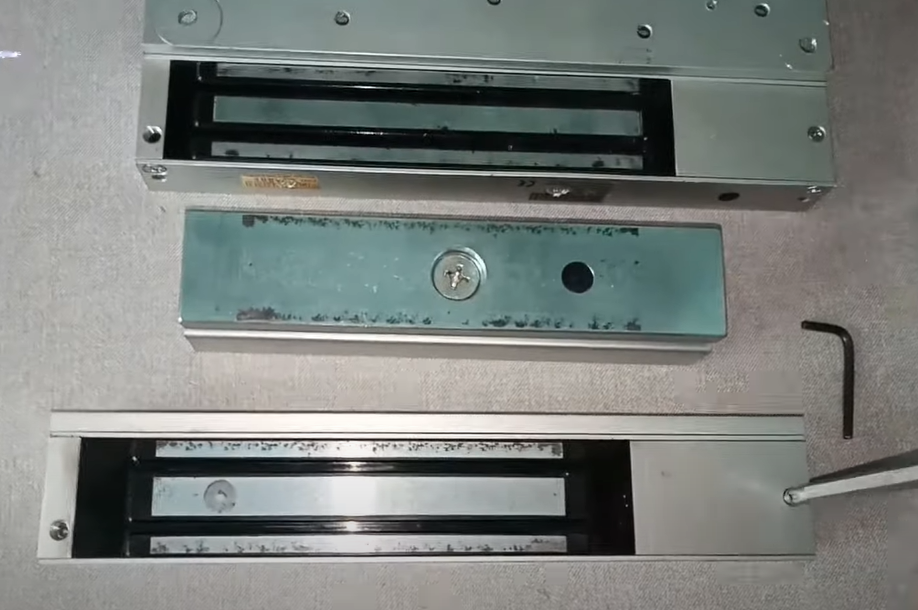
Magnetic locks use an electromagnet to hold the door closed. When the correct code or input is entered, the electromagnet is disengaged, allowing the door to be opened. Magnetic locks are commonly used in commercial and industrial settings and offer a high level of security because they are difficult to bypass.
Padlocks
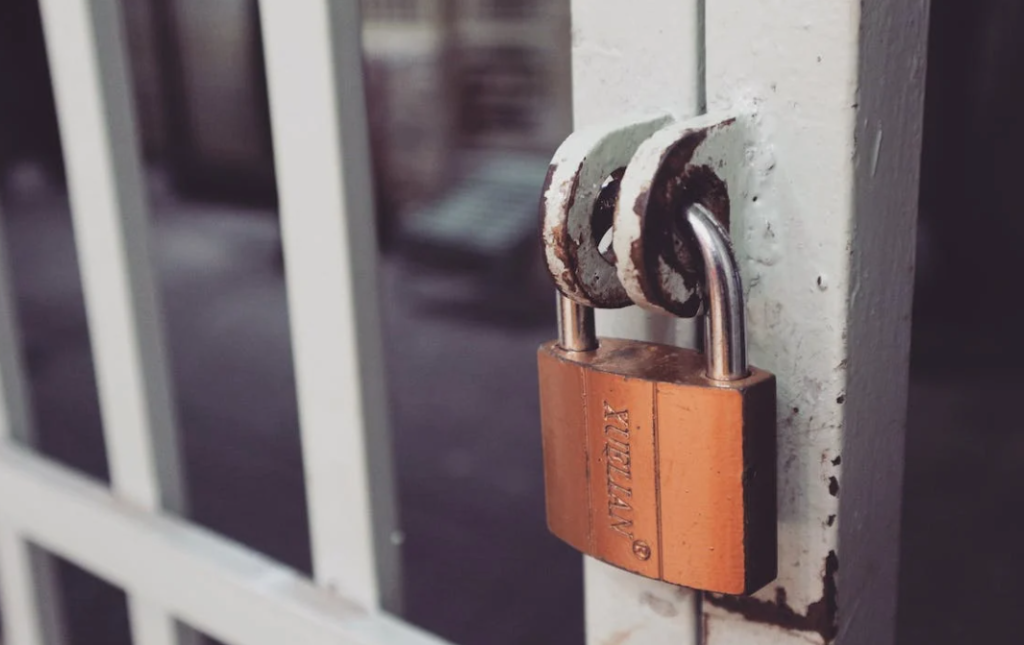
Padlocks are a type of portable lock that can be used to secure gates, doors, and other types of entry points. They are commonly made of hardened steel or brass and are often used in outdoor applications because they are resistant to the elements. Padlocks offer a high level of security because they are difficult to pick or cut.
Combination Locks
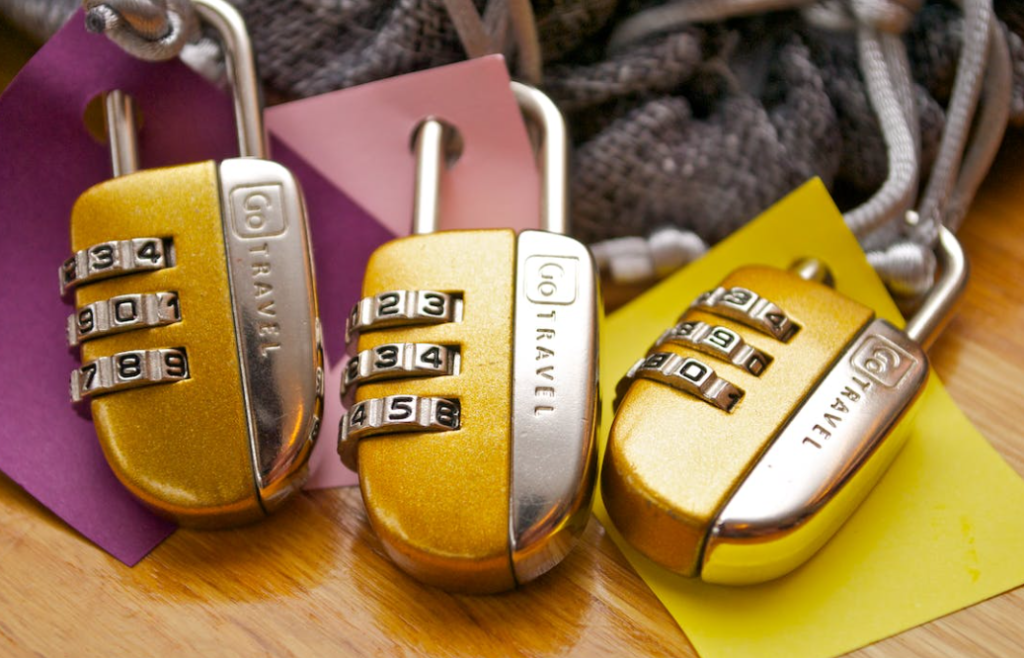
Combination locks use a series of numbers or letters to unlock. They are commonly used on safes, lockers, and other secure storage containers. Combination locks offer a high level of security because they are difficult to bypass without the correct combination.
High-Security Locks
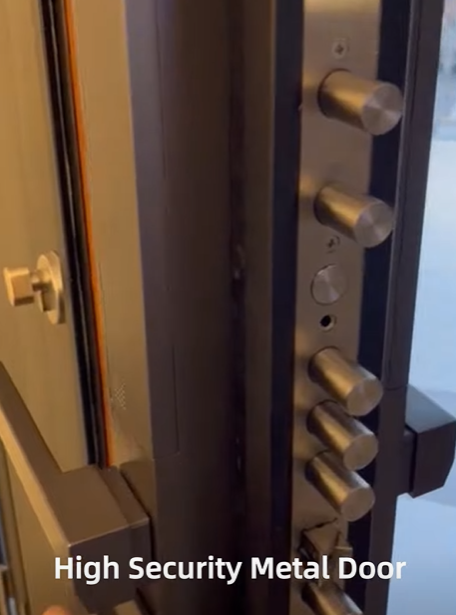
High-security locks are specifically designed to resist picking, bumping, and other types of attacks. They are commonly used in high-risk applications such as banks, government buildings, and research facilities. High-security locks offer a higher level of protection than standard locks because they are more difficult to bypass.
Keyless Locks
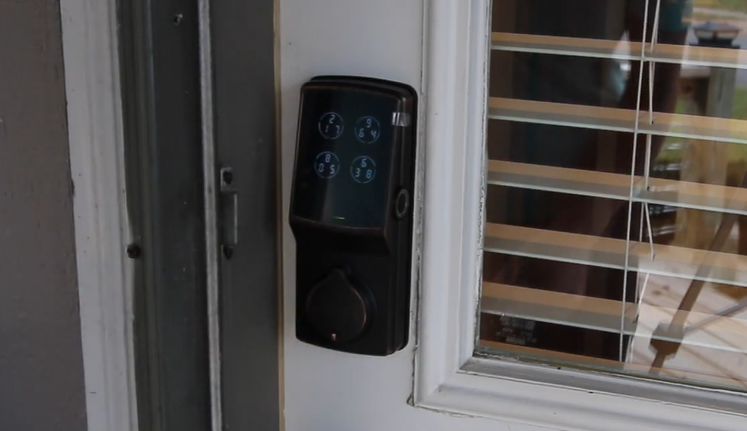
Keyless locks use a combination of electronic and mechanical mechanisms to grant access. They are commonly used in residential applications and offer a high level of security because they are difficult to bypass without the correct code or input. Keyless locks can be programmed to grant access to specific individuals for a set period of time, making them a convenient option for rental properties or vacation homes.
Choosing the right high-security lock for your property is essential for keeping it safe and secure. The type of lock you choose will depend on your specific needs and the level of security required for your application. Some factors to consider when choosing a high-security lock include the location of your property, the value of your assets, and the potential threats to your security.